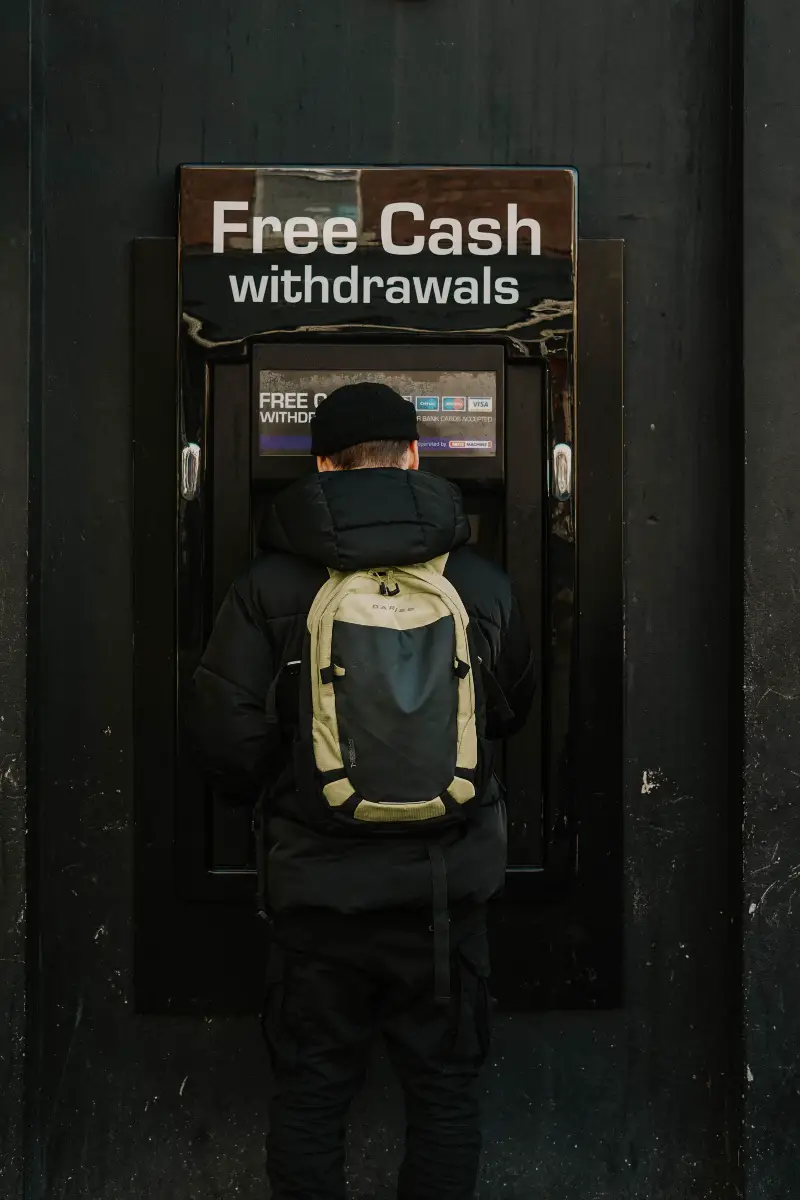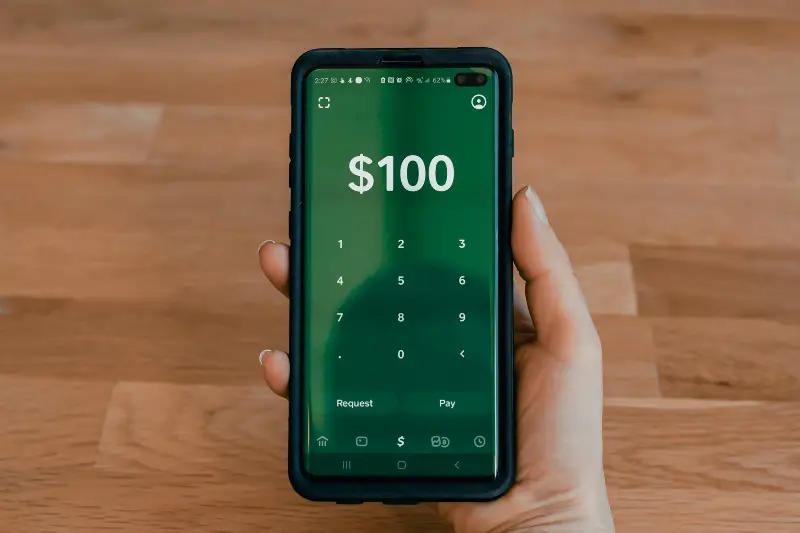Traveling is an excellent way to escape from life’s routine and discover new destinations. However, to make the most of your trip, you must plan your trip well, factoring everything, including places to visit, where to sleep, and finances.
In particular, money management when traveling can help prevent unforeseen challenges, especially when dealing with foreign transaction fees, ATM withdrawals, and currency exchanges. This article explores five crucial banking tasks to undertake before traveling and their importance.

1. Obtain a Reliable Debit Card
A debit card is a vital tool for managing your finances while traveling. It provides a convenient and secure way to access your funds abroad. However, not all debit cards are created equal, and obtaining a reliable one is crucial before embarking on your trip.
An excellent option to consider could be the SoFi debit card, which does not charge foreign transaction fees and has low ATM charges. SoFi also has a global ATM network, allowing you to withdraw money from over 55,000 locations worldwide.
As a precaution, it would help to have a backup card in case your primary card gets lost or damaged. That will act as a financial safety net, ensuring you can access your funds in the unexpected.
2. Download Banking Apps
A mobile banking app is a convenient and essential tool for travelers. With just a few clicks on your gadget, you can access your accounts, check balances, review transactions, and transfer funds.
Today, you can even deposit checks using mobile banking apps by taking a photo of your check with your phone camera. This could save you time, as you don’t have to visit a bank anytime you need to deposit checks.
In addition, many mobile banking apps are equipped with various security features, including two-factor authentication and biometric login. That means you won’t have to worry about unauthorized access to your bank account.

3. Notify Your Bank of Your Travel Plans
Before you embark on your trip, it is best to notify your bank of your travel plans. Failure to do this on time could result in your debit or credit card being blocked for suspicious activity, denying you access to money.
When notifying the bank, be sure to give your bank comprehensive details of your journey, including the dates of your trip, your prospective destination, and the payment methods you plan to use abroad. Using this information, the bank can put a travel notification on your account, allowing you to transact stress-free.
In addition, informing your bank of your travel plans can provide you with any banking-related information that could be helpful abroad.

4. Set Up Online Banking
Online banking lets you manage your account and monitor your financial activities from any location. This is especially crucial when traveling abroad, making it easy to check your balances, track your withdrawals, and move funds between accounts.
In addition, online banking gives you real-time alerts and notifications about changes to your account. At a time when cases of fraud are prevalent, this could add an extra layer of protection to your finances.
To get started with online banking, you must create an online account with your bank. That will require you to submit your personal information, including your name, address, and account details.
5. Get Your Credit Card PIN
Lastly, ensure you have a Personal Identification Number (PIN) for your credit card before traveling. Most countries, especially in Asia and Europe, ask for a PIN when completing credit card transactions.
When you have a credit PIN, you can avoid the stress of being unable to complete transactions while on your trip. In addition, a PIN secures your card against fraudulent use. You can quickly get a credit card PIN by contacting your card insurer and requesting them to mail it to you. Once you have this information, ensure you keep it safe and secure.























